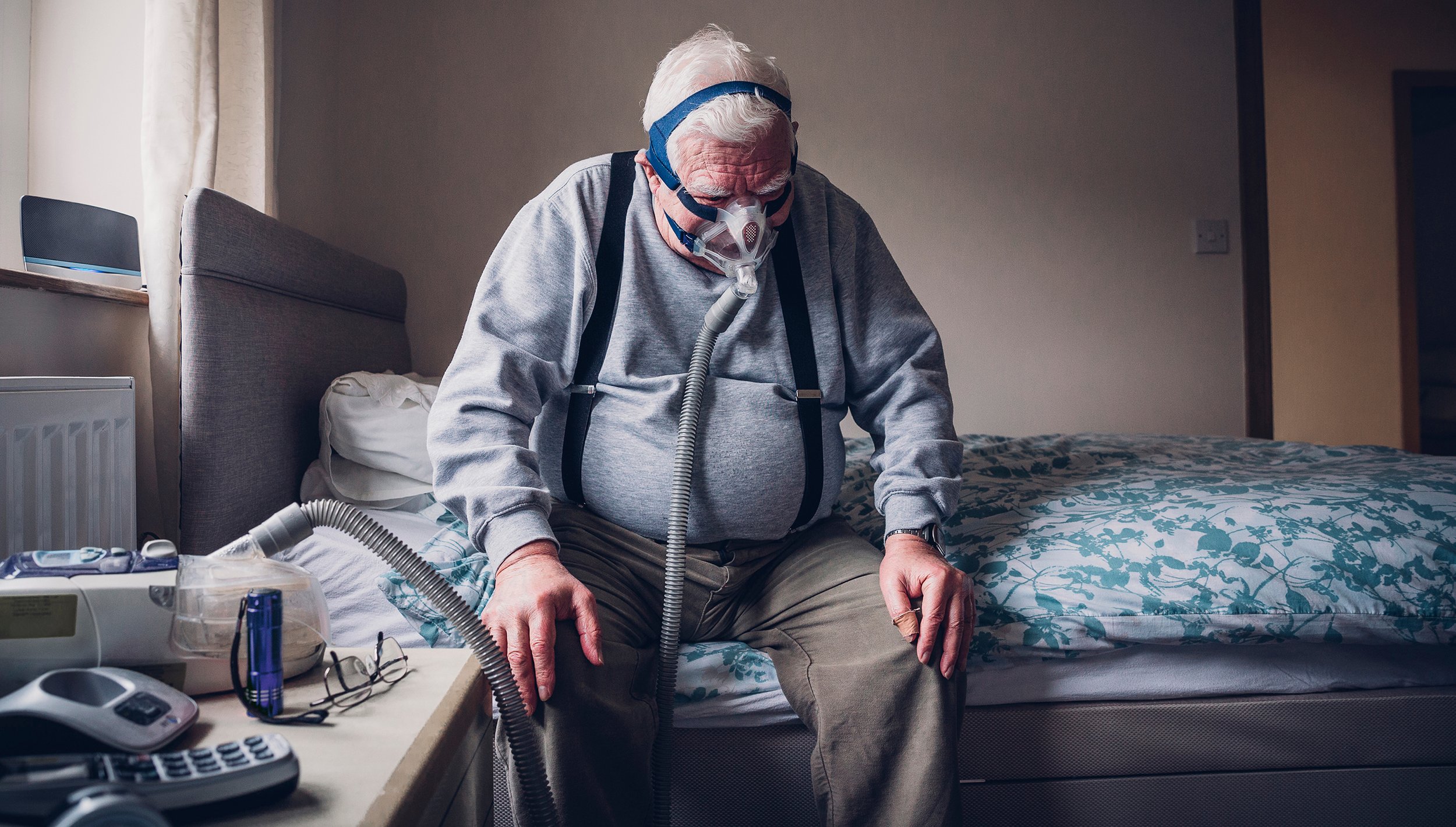Investing in breath: the true cost of lung conditions to the UK economy
Someone dies from a lung condition every five minutes in the UK. And millions more live with debilitating symptoms. Our new report, written with PwC, reveals the huge financial cost of lung conditions to the UK economy. It shows how increased investment in lung health research could lead to huge savings, increased productivity, as well as protect the future of the NHS.
Lung conditions remain the third leading cause of death in the UK. Despite this, investment in lung health research and innovation by the UK government is chronically low compared to funding provided for other health conditions like cancer and dementia. This has resulted in very little progress being made in lung research in the last 30 years. Investment into lung health research is urgently needed to find better ways of diagnosing, treating and curing lung conditions. Not only will this save and change lives but it will support UK economic growth.
The true cost of lung conditions
While the impact of this lack of funding is undeniable for people living with lung conditions, our report reveals the striking effect of this on the UK economy. There is a huge economic case for investing in lung health research that we can’t ignore.
Lung conditions cost the UK economy £188 billion every year.
The impacts of these costs are far-reaching for the whole of society. These include direct costs to the already over-stretched NHS and costs from lost productivity as people are forced to stop work to look after their lung health. There are also wider costs to society through the human cost of people’s suffering.
Economic benefits of ramping up lung health funding
Lung conditions receive just 2% of public research funding, despite contributing to 6% of the UK’s health burden. That’s why Asthma + Lung UK is calling for public funding in lung research and innovation to be tripled.
Tripling investment into lung health research to £141 million per year could contribute £851 million to the economy by 2030. This is through direct economic benefits to industries such as healthcare, and wider economic impacts such as more money flowing through supply chains and an increase in money people have to spend.
Increased research that improves diagnosis, treatment and self-management of lung conditions has further knock-on effects:
Those who have had to leave work due to their lung condition will be helped to get back to full employment.
People with lung conditions will be able to have a better quality of life for longer.
People with lung conditions will require fewer GP and hospital visits. At a time of growing concerns around funding and staffing of the NHS, this will make important savings and reduce pressure on the health service.
Helping the UK become a Life Sciences Superpower
In addition to the £851 million brought into the UK economy, tripling public investment into lung research would also attract almost the same again (around £700 million) in private and overseas investment. This would not only provide better diagnosis, treatment and care for people with lung conditions but would also help position the UK at the very forefront of research and innovation of lung health. This will directly help the government to achieve its aim of transforming the UK into a Life Sciences Superpower.
How we’re fighting for more lung health research
At Asthma + Lung UK we have always known the social costs of living with lung diseases and now we know the economic cost too.
This is an important year in the lead up to the next general election. We will be lobbying government ministers, funders, researchers and innovators to take urgent action and accelerate research and innovation into lung conditions.
By investing more into UK research and innovation for lung conditions, there is potential to change and save lives, reduce the impact on the health system and help the economy recover.
Read our report Investing in Breath here

